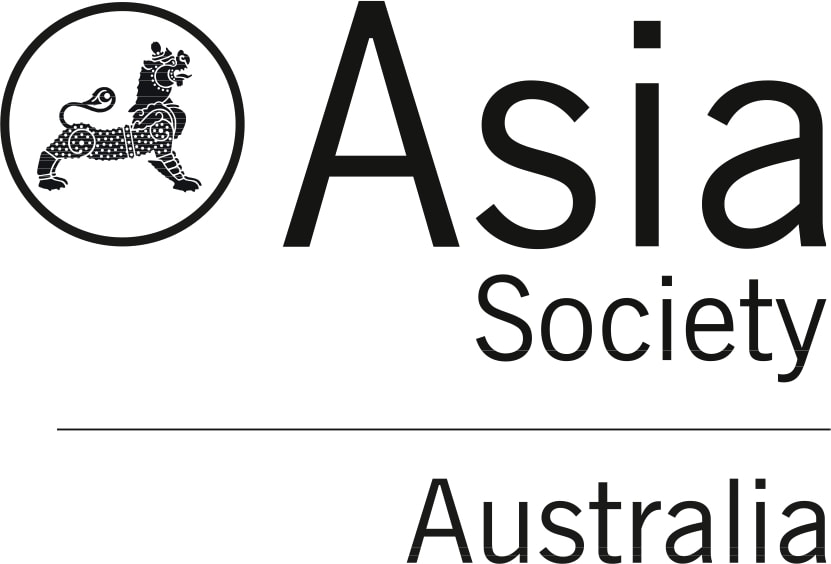A workout for the body and the mind, Taekwondo is as much about self-discipline and intentional movement as it is about self-defense. Recognised for its breathing method, Taekwondo focuses heavily on breath control and mindfulness in executing sharp and controlled movements.
Set in front of the contemplative work of Korean artist Lee Ufan on display in NGV Triennial, and surrounded by the accompanying architectural installation by world-renowned architect Kengo Kuma and local artist Geoff Nees, Taekwondo Master Robert Pace demonstrates a selection of Taekwondo skills, walking audiences through the basics of the Korean martial art and sharing some of the mindfulness elements intrinsic to the sport.
Learn a new way to be present, improve your coordination and your overall body awareness in the year of the Ox, and be introduced to poomsae, or ‘patterns’ – a set of repetitive movements requiring intense focus, arranged in a meaningful order designed to get you in the ‘zone’.
Emphasising the relationships between space, perception, and object, Lee Ufan’s works develop from an appreciation of nature and the inherent qualities of his materials. In Dialogue, 2017, the action of repetitive minimal marks denotes an association between the body and temporality. Combining artistic practice with philosophical writing, Lee’s oeuvre is characterised by thoughtful and direct iterations of gestures, engaging the viewer in contemplation of abstract forms and vivid restraint.
Responding to the work, Kengo Kuma collaborates with local artist Geoff Nees to explore the philosophical nature of Ufan’s painting. Through the creation of a new architectural installation, a gallery-scale circular pavilion acts as a sensorial walkway through which to approach and contemplate Ufan’s painting.
This program will be delivered online. Ten minutes before the start time you can access the event via the link below.
Information for people who are Deaf or hard of hearing
Presented in partnership with Asia Society Australia.
Instructors
Robert Pace 7th Dan
Robert Pace began his taekwondo training in 1975 because like a lot of people at that time he was swept along by the Bruce Lee phenomenon. Robert attained his Taekwondo black belt in 1978. In 1991 and 1994 he had two periods of training in Korea to get experience with the best fighters in the world. Robert is a former Australian National and Victorian State Bantamweight Taekwondo Champion. He also proudly represented Australia at the 1993 World Championships in New York and in 1994 at the IOC Centenary – Seoul International Taekwondo Championships in Korea. In more recent times Robert has focussed on Taekwondo Poomsae and in 2016 achieved a Bronze Medal at the 2016 World Taekwondo Poomsae Championships in Peru. He has been two times Australian National and Australian Open Champion and has also represented Australia attaining two Gold Medals at the 2014 Oceania Taekwondo Championships, a Silver Medal at the 2016 European President’s Cup, two Bronze Medals at the 2013 US Open and at the 2012 World Hanmadang in South Korea. Robert also placed 5th at the 2014 World Taekwondo Poomsae Championships in Mexico. Robert was graded to 7th Dan in December 2013 by Grandmaster Young Youl Oh, 9th Dan. Robert runs classes in the Melbourne suburb of Northcote at Pace Taekwondo.
Verino Malandra, 4th Dan
Verino first became drawn to Taekwondo as a youngster in 1975 when his bones were elastic and his moves were nimble and quick. Rain, hail or shine he would walk or run miles to get to classes and as a result he became extremely fit. After some years away from Taekwondo, he returned in 1996 having been inspired by his two children who at the time were barely school age. To encourage his children, Verino went back to basics and started as a white belt with them. He loved nothing more than training with his children. Throughout the years, he diversified his knowledge by also training in Kenpo Karate. He is now Black Belt 4th Dan and is proud to be a member of the team at Pace Taekwondo.
To learn more about Asia Society Australia or to become a member, click here or contact programaustralia@asiasociety.org.
